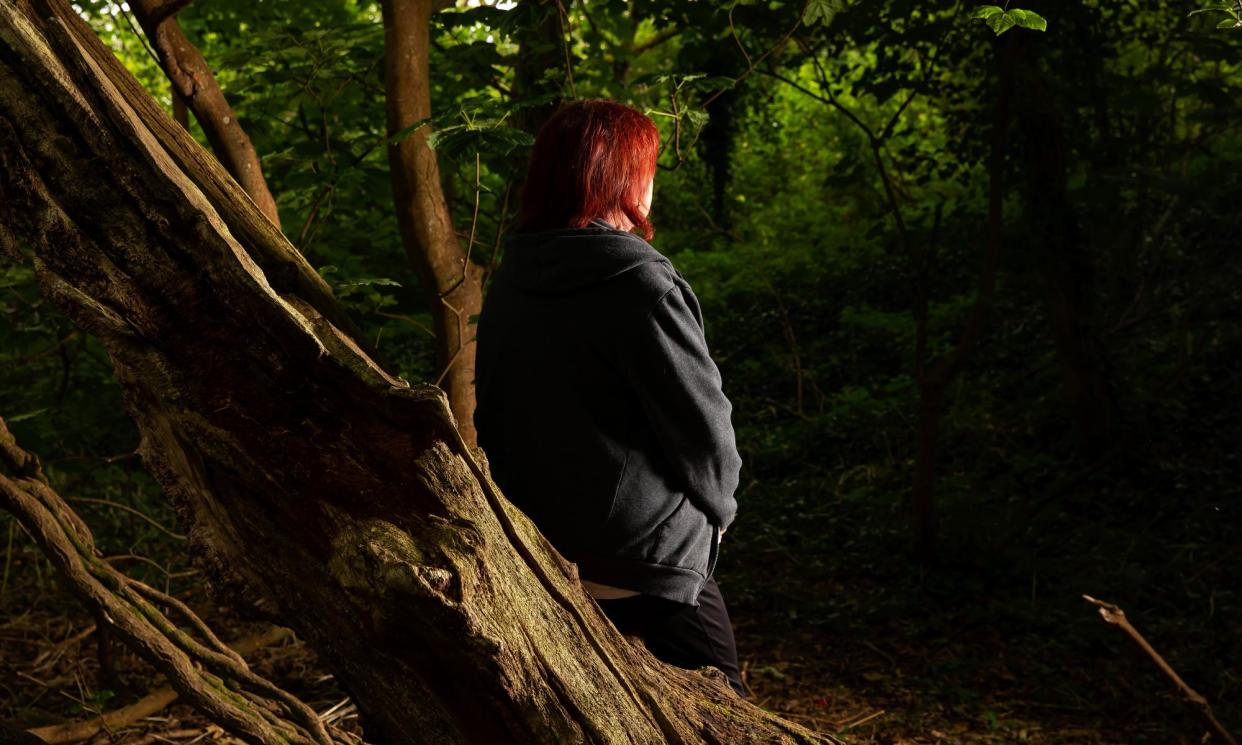Thousands of women abused as children may be unable to get justice due to legal anomaly

Thousands of women who were sexually abused as children could be unable to obtain justice because of an anomaly in the law of England and Wales that is being challenged at the European court of human rights.
The case has been brought by Lucy (not her real name), who was 13 when a man 22 years her senior began having sex with her. Despite him admitting it, police told her charges could not be brought because she did not report the alleged offence in time.
The problem results from the 1956 Sexual Offences Act, which dictated that prosecution of the offence of sexual intercourse with a girl under 16, which applies when a girl aged 13 to 15 factually consented (even though as children they could not consent in law), “may not be commenced more than 12 months after the offence charged”.
The law was changed by the Sexual Offences Act 2003 but it does not apply retrospectively. This means that if the alleged offence of sexual intercourse with a girl under 16 occurred prior to 1 May 2004 the limitation period still applies.
Only women are affected, as the legislation did not apply to boys, so males face no equivalent time limits.
Lucy, now 51, said she was “crushed” when she heard that charges could not be brought, even though her abuser had admitted in a police interview last year to having sex with her when she was 14 and 15.
“I couldn’t believe it, especially after all these programmes about Jimmy Savile, Rolf Harris and all these people that were years and years ago,” she said. “I couldn’t understand – because this was similar and even more recent than some of those things – how he wouldn’t be prosecuted.
“You have programmes on the TV, and it always says if you’ve been affected by this please come forward, or phone this number and all these sort of things, and then you do and it doesn’t go anywhere.”
She is seeking a declaration from the ECHR that the 12-month time bar, which means girls would have to have reported the alleged offence before reaching adulthood (by age 16 at the latest), violates her rights protected by the European convention on human rights.
Among the arguments being put forward by her lawyers, from the firm Leigh Day, is that the legislation discriminates against women.
The Leigh Day partner Tessa Gregory said: “Understandably it took our client many years to come to terms with the abuse she suffered as a child, and as a result she did not report it to the police until last year. Having summoned up the courage to go to the police, one can only imagine her distress when she was informed that, although the perpetrator had admitted under interview to having sexual intercourse with her when she was underage, nothing could be done to prosecute him.
“This legal loophole will inevitably impact many other female victims of historical sexual abuse and it means that, as in our client’s case, the perpetrators of serious sexual offences are likely to walk free. Our client wants it to be recognised that the requirement she had to report the offence within 12 months breaches her human rights as the government has failed in its duties to enact effective criminal laws to punish sexual offenders and protect victims like her.”
It is difficult to gauge how many women are affected but Leigh Day believe it may be thousands.
A freedom of information response from the largest of the 43 territorial police forces in England and Wales, the Met, showed that since 2005 it had recorded 195 reports of unlawful sexual intercourse with a girl aged between 13 and 16 that took place between 1956 and 2003, although this included cases where the alleged offender was under 18 at the time, which are less commonly prosecuted.
Among the other forces that provided the information requested were Thames Valley police, who recorded 63 reports where the offender was aged 18 or over. The equivalent figures were eight for Cambridgeshire, 17 for Durham and 13 for Hertfordshire. Taking into account the 38 forces for which information was not available and the fact that many cases may not have been recorded, given that the offence cannot be charged, the total is likely to be far higher.
Police used to get around the time limit by charging offenders with indecent assault instead but a 2004 ruling by the House of Lords, then the UK’s highest court, forbade them from continuing to do so.
The Ministry of Justice said it could not comment while the case was live.


